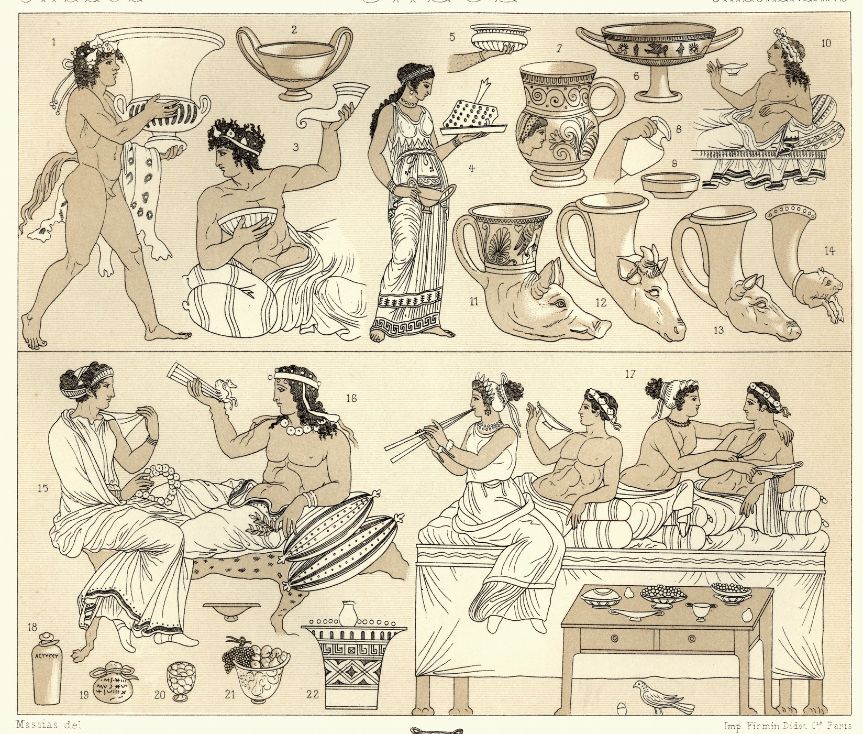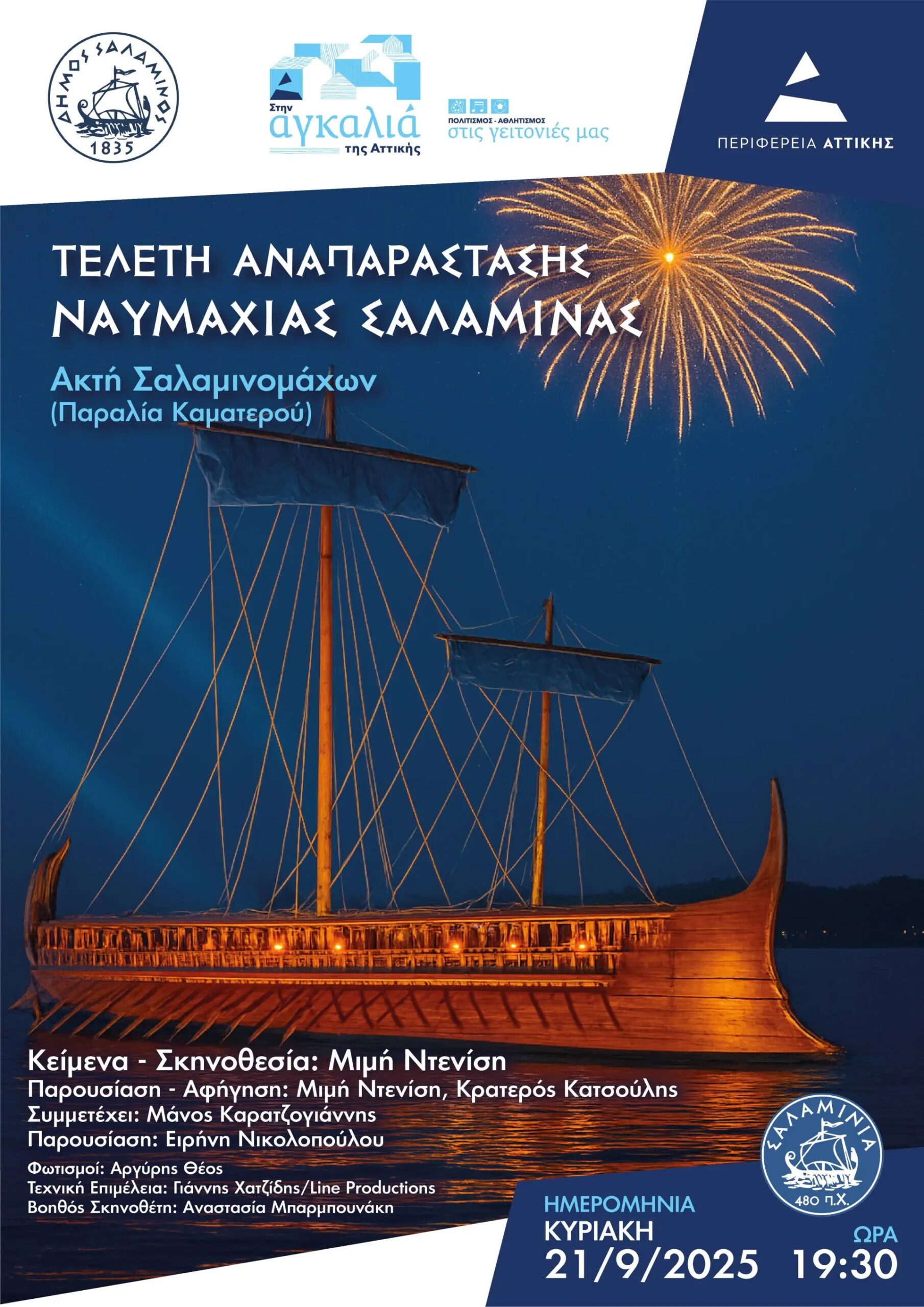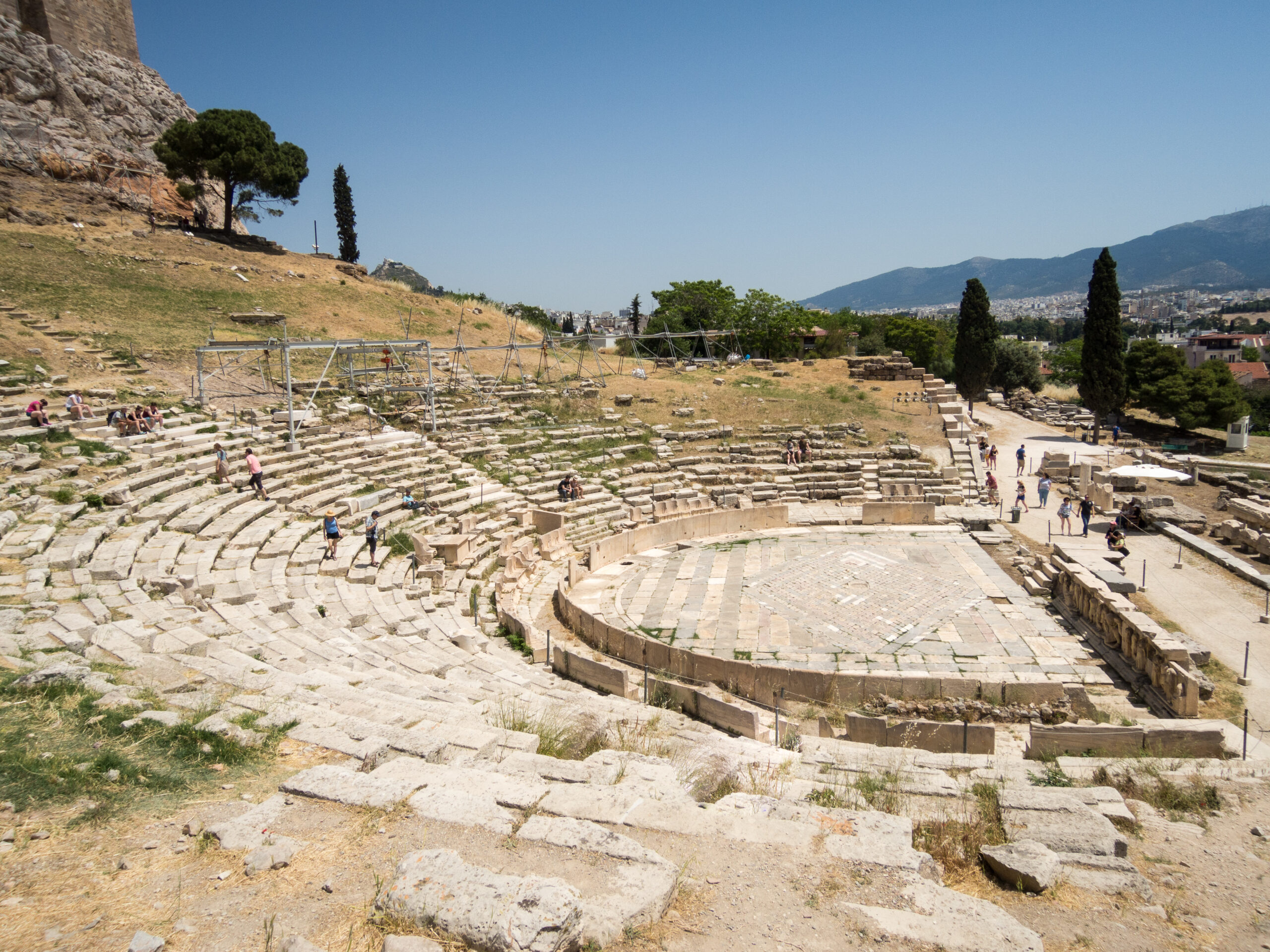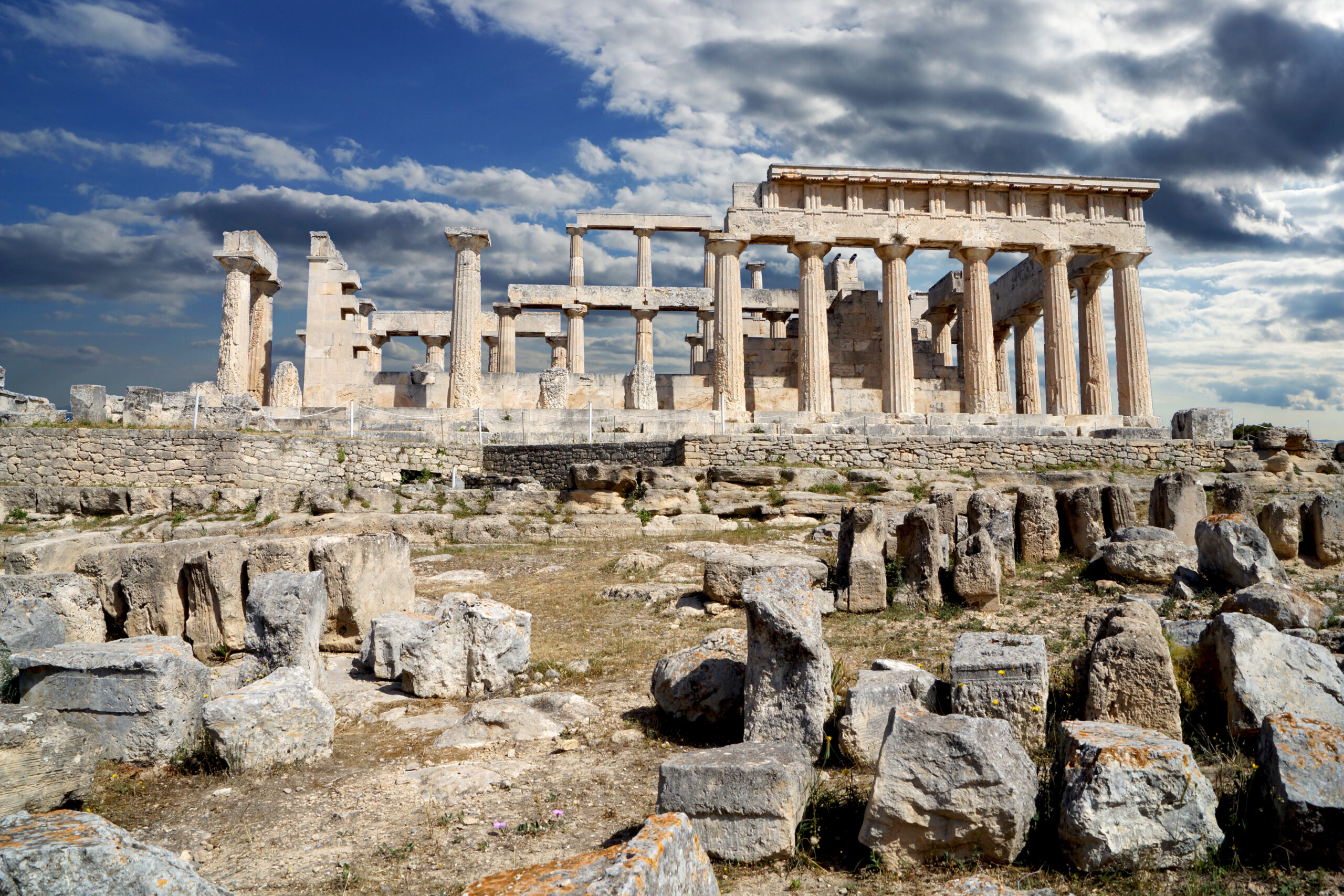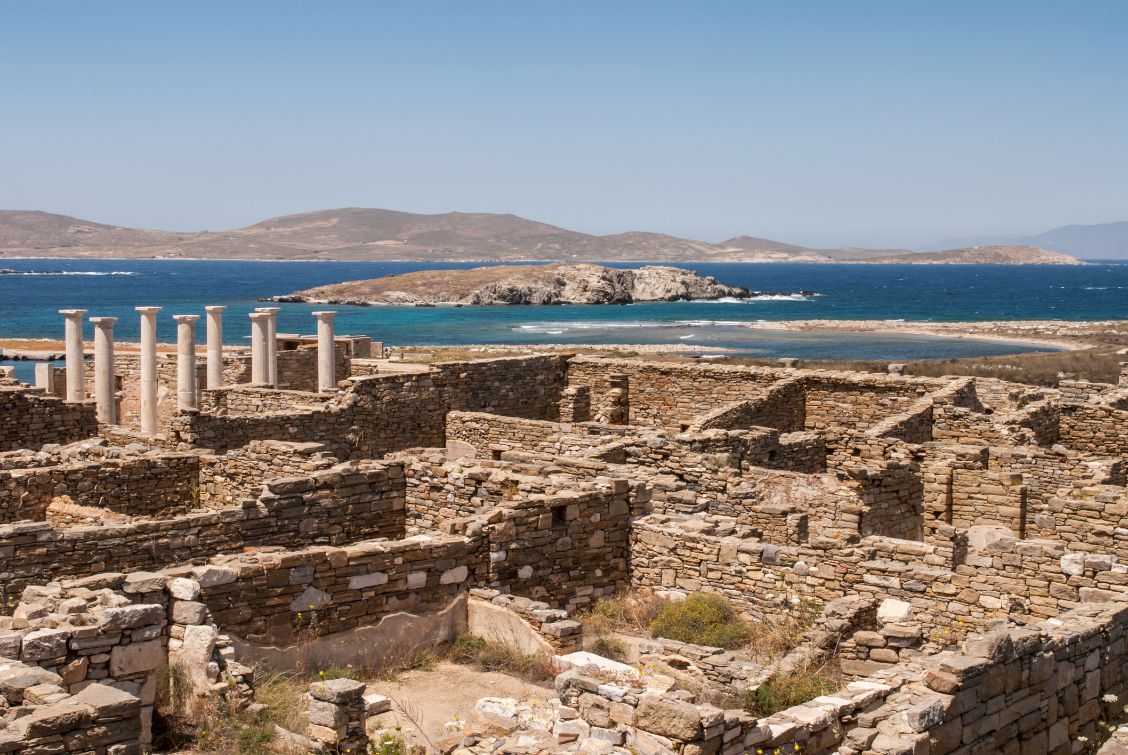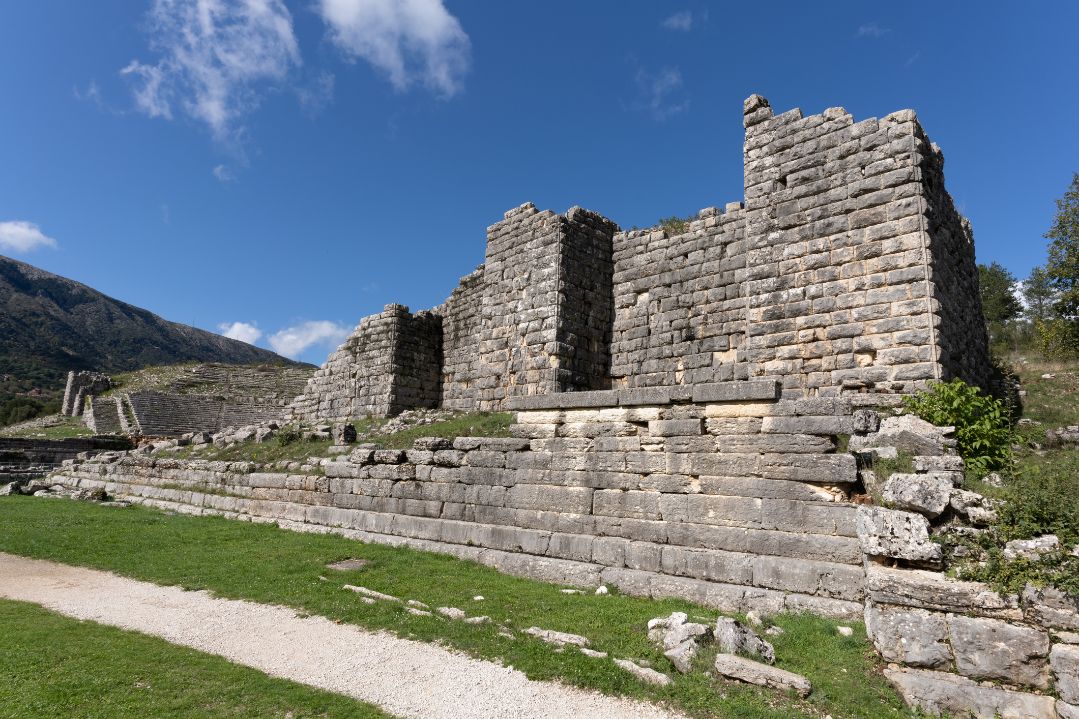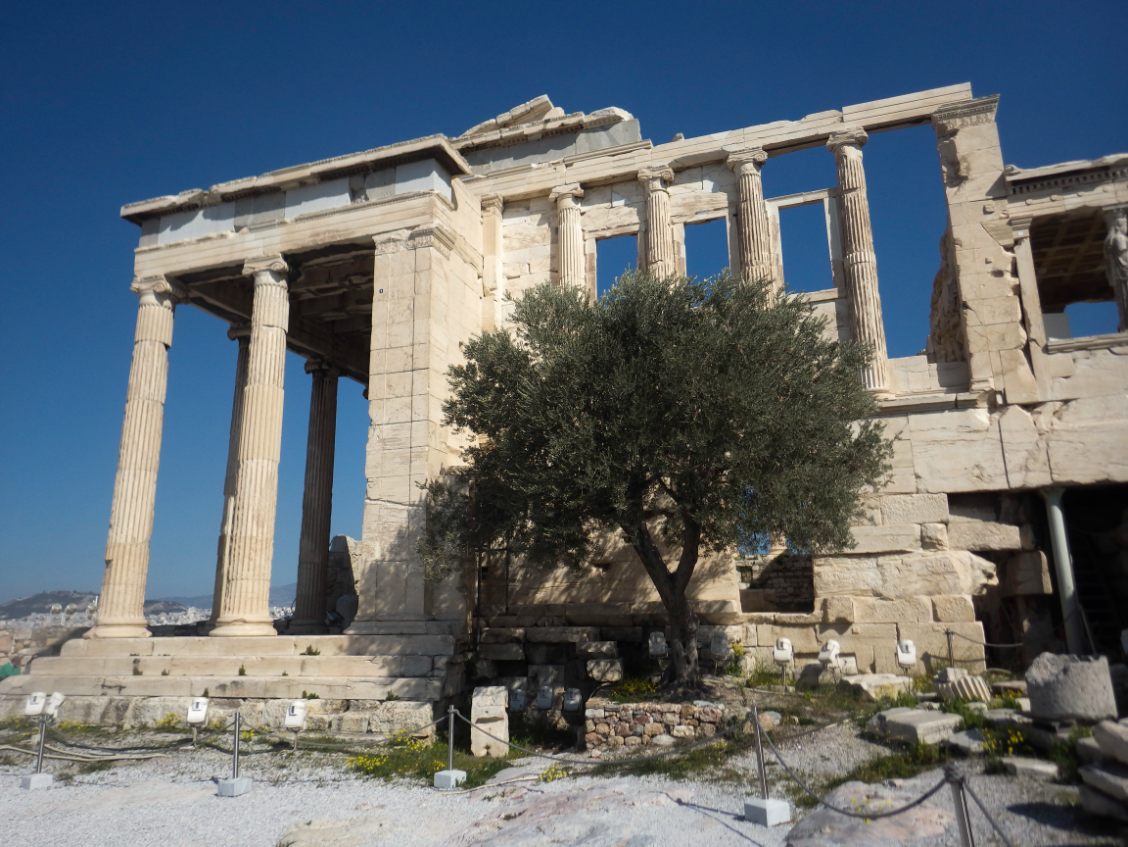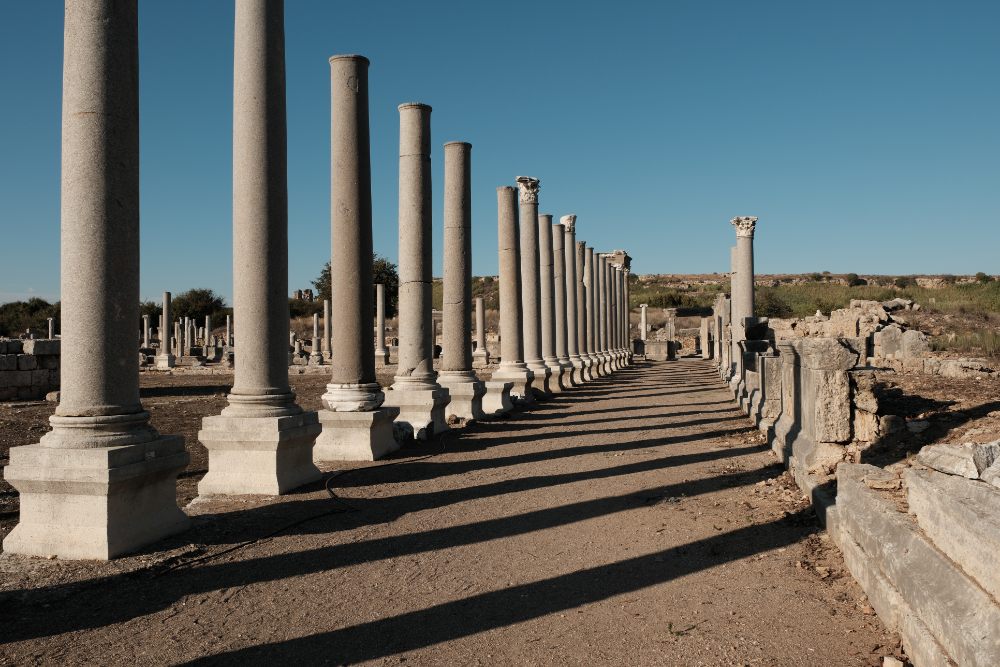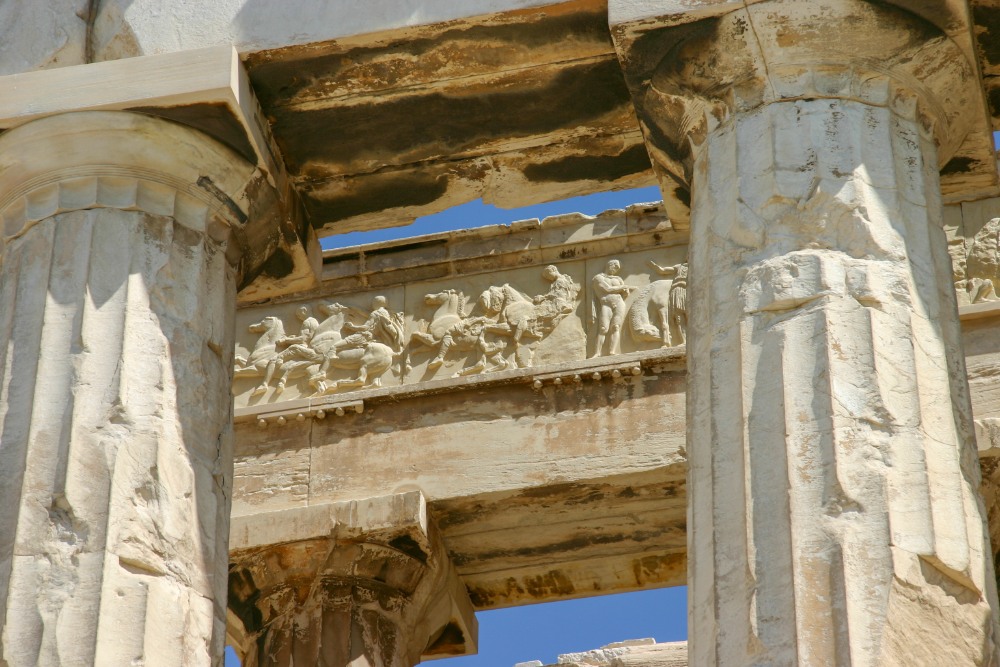The Diet of Ancient Greeks
The ancient Greeks enjoyed a diverse and balanced diet that varied by region, season, and social status, reflecting the agricultural richness of their Mediterranean environment. Central to their cuisine was bread, a staple made from wheat and barley, which formed the foundation of most meals; wheat bread was typically consumed by the wealthy, while the poorer classes relied more on barley-based products.
Their diet was rich in fruits and vegetables, including grapes, figs, apples, pears, and olives. Hearty stews and salads were made with ingredients like onions, garlic, legumes such as lentils and chickpeas, and root vegetables like carrots and turnips. Olive oil, highly valued in Greek culture, was crucial in cooking and commonly used to dress salads or as a dip for bread. Cheese, made primarily from sheep’s or goat’s milk, was a popular addition to meals, often enjoyed with olives and bread. In coastal regions, fish and seafood like sardines, anchovies, and shellfish were staples.
Meat, though less common, held special significance, often reserved for festivals or religious sacrifices, with lamb and goat being the most frequent choices. Wine, a beloved beverage, was typically diluted with water and enjoyed during meals, symbolizing social gatherings. Sweet treats, particularly honey cakes and pastries, rounded out the diet, highlighting the use of fresh, local ingredients and the communal nature of dining in ancient Greek society.

